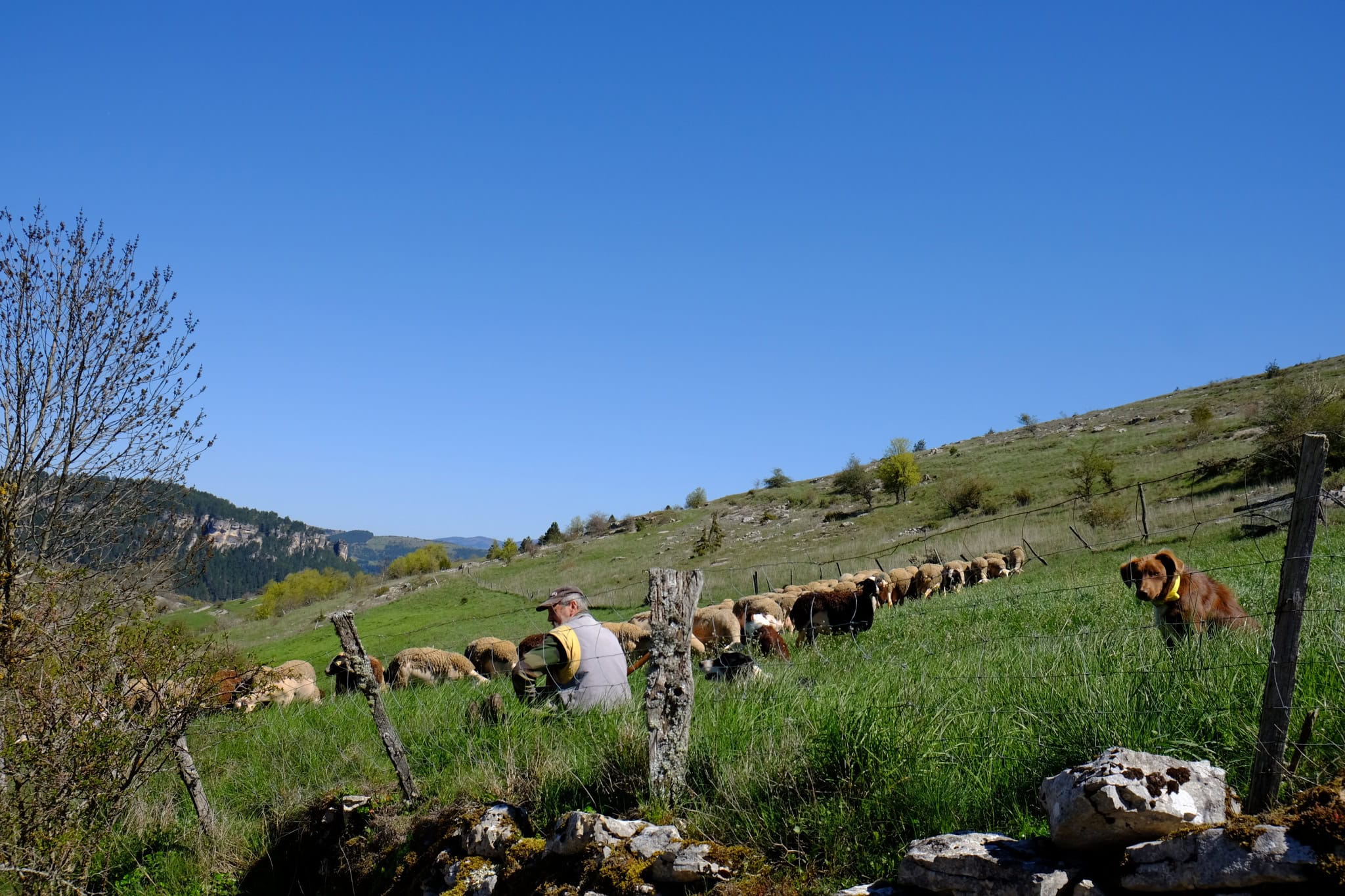As students of an acclaimed university, we have often heard that we are The Future™. The Sciences Po website itself states that the institution’s “overarching mission is to educate future leaders in the public and private sectors.” We are the ones that will shape our fields and emerge as prominent figures distinguished from the masses. This has given credit to the claim that selective institutions of higher education are elitist, and foster a sense of superiority in their students.
While this claim is widely believed—and perhaps true as low admission rates point to the cultivation of prestige—its foundation rests on the supposed superiority of leaders, or “shepherds” (those who guide and direct others). However, I believe that the emphasis on being a shepherd, as opposed to a sheep (those who follow and rely on direction), is misplaced, and the terminology itself is antithetical to progress.
The idea of “shepherds” and “sheep” insinuates that the former are innately more intelligent or capable, while the latter simply… graze on grass with their fellow animals. There is a distinct separation of intellect with such a framing, which is simply not correct.
In the relentless pursuit of educating leaders, who value prestige and acknowledgement of success, we sometimes forget that any functioning society, no matter its size or influence, relies on a balance between leaders and followers. Sure, leaders are the figureheads of change, yet the success of change depends on the people willing to follow it. No production can be successful without the people backstage, and no CEO can lead a business without employees. There is merit in both roles.
The pervasive emphasis on leadership often promotes the idea that leaders are somehow better, smarter, or more capable. However, not everyone is wired to lead, and that does not make them less valuable or less intelligent. Many people work best as collaborators, or at implementing plans, which are still fundamental roles in every institution. According to analytics firm Gallup, only 10% of people have leadership qualities. So, why expect others to be something they are not?
A society where everyone is trying to lead would be chaotic and counterproductive; we need individuals who can follow thoughtfully, bring specialized expertise, and support a shared mission.
Gallup also found that in a staggering 82% of cases companies fail to select candidates with the right skills. In fact, “bad managers cost businesses billions of dollars each year, and having too many of them can bring down a company.” It is becoming increasingly obvious that attempting to make employees something they are not stunts growth and weakens the roots of the entire business.
Consider, too, that leadership itself can be a flawed pursuit if taken up for the wrong reasons. When people are pressured to lead due to a sense of duty or prestige, rather than genuine passion or skill, it can result in poor leadership and disillusionment. Effective leadership is not about wielding authority; it is about uplifting and empowering those around you. True leaders listen as much as they guide, turning influence into a tool for service rather than control. When we devalue following, we risk pushing people into roles they neither want nor are suited for. It is impossible to fit a square peg in a round hole—why force people into roles that simply do not suit them in the search for the culturally accepted definition of success?
All of this is not to say that every leader should become a follower. Balance is still needed. Rather than glamorizing leadership at the expense of all else, institutions could benefit from acknowledging and celebrating the roles that followers play. This shift in perspective could help create communities where individuals feel valued for what they contribute, regardless of whether they lead or not. It must also be noted that leadership is a spectrum, making the “sheep” or “shepherd” categories even more restrictive. While only 10% are full-fledged leaders, an additional 20% of people exhibit some level of leadership.
So, although elite schools such as Sciences Po aim to educate world leaders, the idea that such leaders are innately more successful or “better citizens” than those who do not enter managerial positions or figurehead movements can be easily called into question. In rethinking the sheep-and-shepherd metaphor, it becomes clear that the societal impact of individuals lies not in the prestige of their titles but in the value of their contributions, whatever their role may be. A future built on collaboration and an appreciation for diversity of strength will always outshine one that prioritizes hierarchy or status. As Sciences Po students, perhaps our real responsibility isn’t simply to be The Future™, but to question the narratives that frame success and to contribute meaningfully, whether we find ourselves in leadership positions or in the support roles that make meaningful change possible. In the end, rethinking the herd means embracing a vision of society where everyone, leaders and followers, are essential.
Cover picture credit : https://www.flickr.com/photos/tof-album-manu/26290971853/
Other posts that may interest you:
- The Boyz, Trump, and Online Radicalization
- Hollywood’s Obsession with ‘Strong Female Leads’ Is Missing the Point
- Sensationalism versus Sensitivity: Femicide Representation in Media
- Changes in Stardom and Parasocial Bonds in the Age of Instant Fame
Discover more from The Sundial Press
Subscribe to get the latest posts sent to your email.





